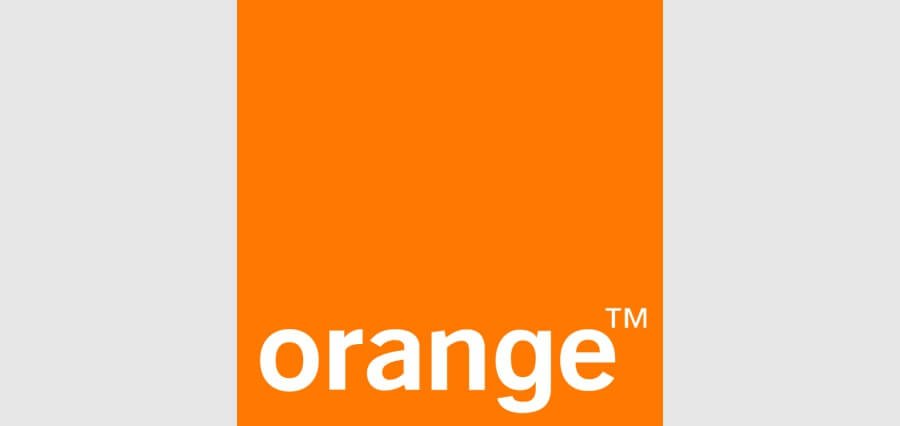French telecommunications giant Orange has announced it will partner with OpenAI and Meta to develop custom artificial intelligence models that can better understand regional African languages. The partnership is meant to bridge the massive gap in AI models’ understanding of languages spoken in West Africa, which are mostly left out by current conversational AI systems.
The initiative will begin in early 2025, with Orange rolling out AI models that incorporate two key West African languages—Wolof and Pulaar. With roughly 16 million and 6 million speakers, respectively, these languages are currently not supported by most major AI platforms. Wolof is primarily spoken in Senegal, The Gambia, and southern Mauritania; Pulaar is mainly spoken in Senegal. It utilizes the open-source AI models, Whisper and Llama, developed by OpenAI and Meta.
These models are designed to be adaptable, allowing for “fine-tuning” to incorporate additional linguistic and cultural contexts that were not originally included in their training. According to Steve Jarrett, Orange’s Chief AI Officer, the current models used by AI giants are often trained on data from regions like the United States, which may lack the nuances of non-Western languages and cultures.
Orange’s collaboration with OpenAI and Meta is aimed at creating models that can understand voice and text communications in these underrepresented languages, facilitating more accurate interactions in call centers and other customer service settings. The AI models will be provided externally by Orange under a free license for non-commercial use, including applications in public health and education. The company plans to expand this initiative across all 18 countries in West Africa.
This move also ties into a growing global trend known as “sovereign AI,” which advocates for regional control over the infrastructure behind AI systems. By localizing data processing, Orange aims to ensure that AI applications are culturally and linguistically relevant to the region, a concept also supported by European data storage initiatives.
Additionally, Orange is focusing on using AI not only for customer service improvements but also to optimize its mobile networks. AI systems will assist in analyzing large volumes of network data to predict potential failures before customers experience disruptions.
Through these efforts, Orange seeks to develop AI that is more inclusive and relevant to the needs of diverse African communities, contributing to the responsible use of AI technology while addressing regional language barriers.

